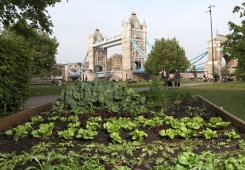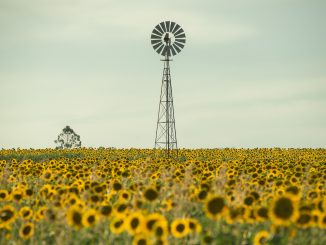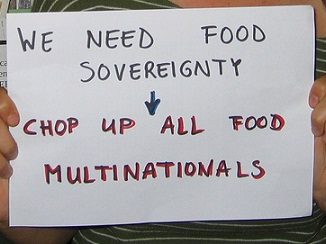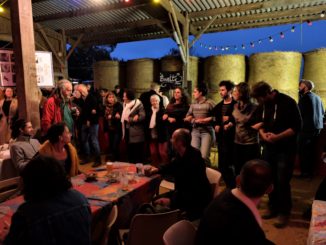“Cities were never built to grow food, but as places of consumption,” London Food chair Rosie Boycott told the All-Party Parliamentary Group on Agroecology on December 6. One consequence is that “…we are walking into food security issues with our eyes shut.”
Some of this is an education issue: “A lot of it is about our attitude to waste, which comes from not knowing about food,” she explained. “Food has become dissociated from its origins.” The task ahead of London Food is to transform local communities through food, setting itself a target of 2,012 new growing spaces before the London Olympics open.
“It has to be vegetables, not allotments,” Rosie added. The results have included gardens in skips (which have been moved around, too); street orchards and canal bank vegetable patches. In all, the project has put 50 hectares of land into production and involved 50,000 Londoners, across 21 boroughs and housing associations.
Next year will see the first hives going into city locations with the Capital Bee project. The vegetable garden outside City Hall has never been vandalised and Rosie notes there is a calming influence: “…obesity levels go down, crime levels drop and there is community cohesion.”






